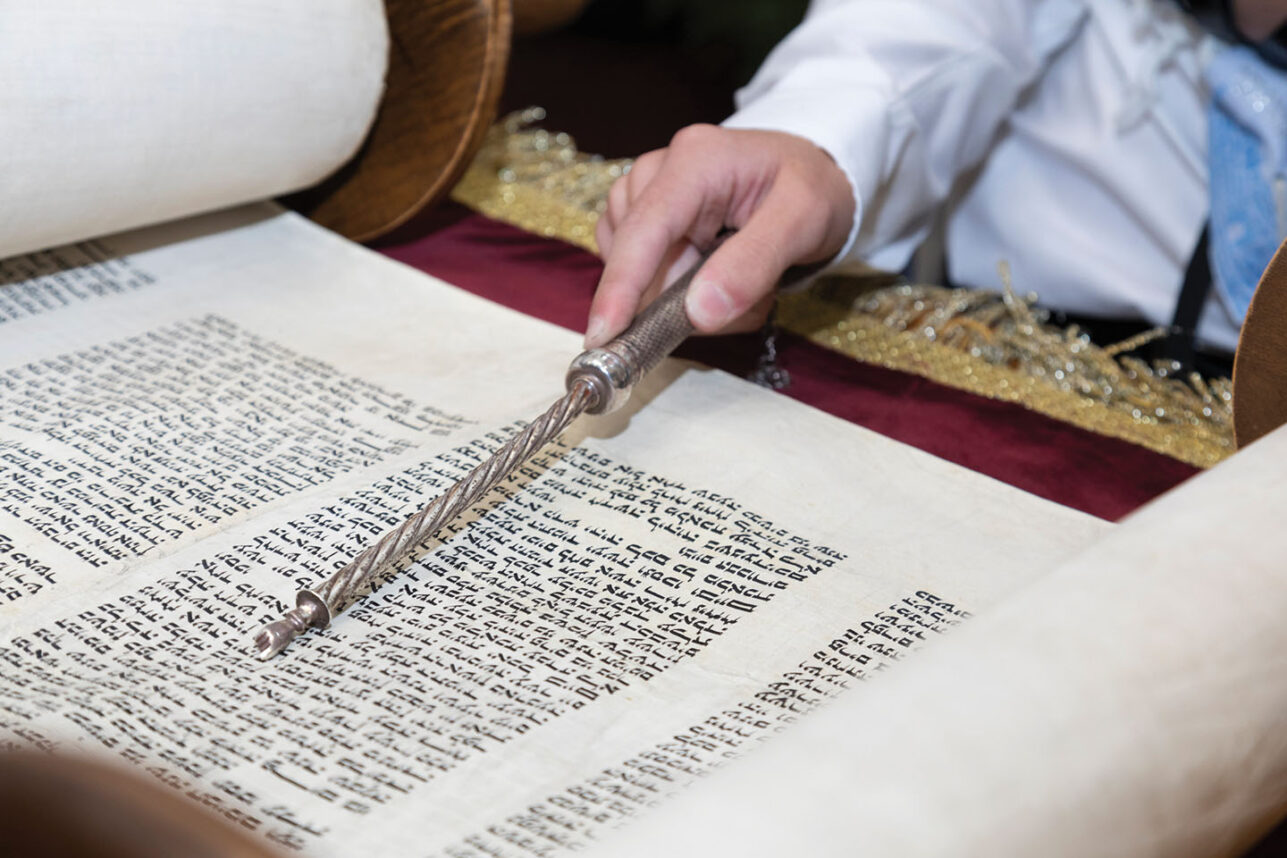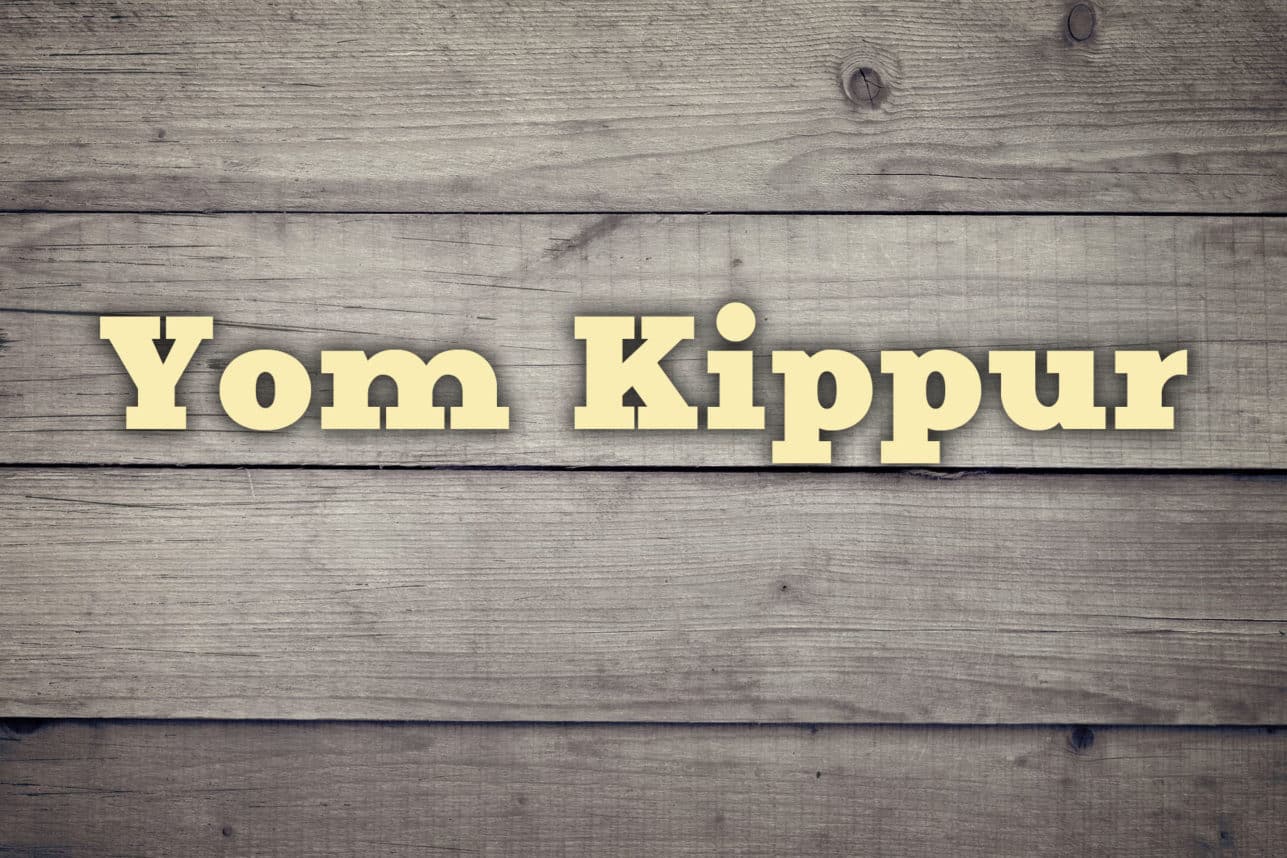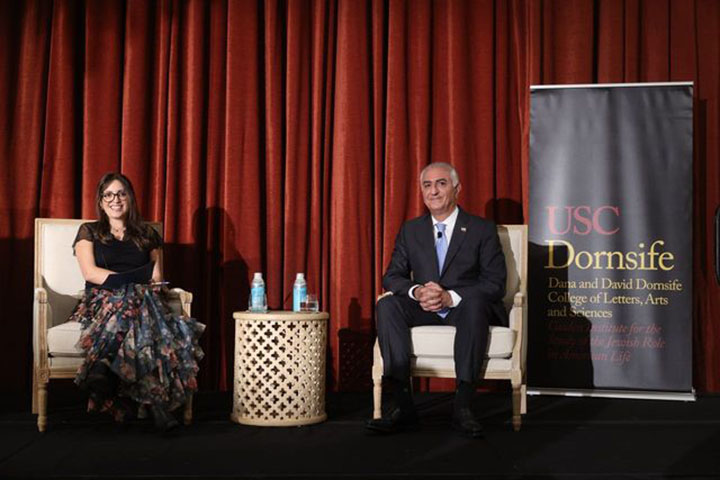
The week that was.
On Shabbat, my nephew Mendel celebrated his bar mitzvah with a beautiful reading of Parshat Bo from the Torah. The service was held at Kahal Joseph, the Iraqi synagogue led by my baby brother Rabbi Natan Halevy. The kiddush luncheon following services was reflective of my nephew’s heritage — half Iraqi, half Ashkenazi and 100% amazing. Yvette Dabby, the President of Kahal, made three huge pots of t’bit (Iraqi chicken and rice prepared for Shabbat). Luckily for us, the kak, (bottom of the rice, similar to Persian tahdig) was perfectly browned and crispy. There were bethi mel Shabbath (brown Shabbat eggs), fried eggplant, Israeli salad, burekas, hummus and tehina. My nephew’s Ashkenazi bubbe, Perla, who capably oversaw the whole mission, made sure there was cholent, potato kugel, chicken schnitzel, meat charcuterie and sliders and lots of salads. But she is from Paraguay, so there were also chicken fajitas, spicy turkey balls and rice, fresh guacamole, salsa and corn chips.
The only thing to cloud our family joy was the fact that my father was in the hospital.
Monday night was my Hillel Book Club and I didn’t read the book “Everything Sad Is Untrue (A True Story),” a memoir of leaving Iran by Daniel Nayeri. But in honor of the book, Nicole was coking aush reshteh, a thick Persian soup made with herbs, beans and noodles and Rachel (a different Rachel) was preparing basmati rice with tahdig, so I chopped a Shirazi salad with tomatoes, cucumber, red peppers, purple onion, and Italian parsley (same recipe as my Israeli salad, to be honest) and headed over. We shared some insights about emigration and heroes and life.
Tuesday night was my Shalhevet book club and I had only read the beginning of the book “The Seven Husbands of Evelyn Hugo” by Taylor Jenkins Reid. As I was preparing the spread, we heard a huge car crash on our corner (where there is a four-way stop). Luckily no one was injured but the Beverly Hills police blocked all access to my street. So the twenty readers in our book club had to walk several blocks to reach my home. I sincerely hope the cheese and veggie board, the fried pierogi, homemade Spinach and Artichoke Dip and the scintillating conversation made it worthwhile.
Wednesday night was a parlor meeting to discuss the rebuilding project for the Los Angeles Mikvah. There was a beautiful table filled with delicious nibbles and exquisitely wrapped Bendick’s chocolates. Rebbetzin Jordana Topp gave a wonderful Shiur about the Mikvah and the references to it in the Torah.
Thursday night, Alan and I were in the hospital until late. After a week of sitting with my father in the hospital, the leftovers had run out and no one was in the mood for take-out. Alexandra called me and said that she would make the Tuscan White Bean soup that was featured in the Journal a few weeks ago.
After a week of sitting with my father in the hospital, the leftovers had run out and no one was in the mood for take-out.
In between my days in the hospital and my social engagements, Rachel and I managed to prep the Syrian ground beef flatbread lah’majin.
It was bittersweet because lah’majin is the kind of dish my father loves. Fried onion, some spices and sautéed ground beef flavored with tamarind and studded with pine nuts on a soft chewy flatbread. My father told me years ago that in Iraq they only ate lamb. But in Australia and America, ground beef is much more common and that’s what he ate. I vividly remember my mum being very annoyed with my Aba for bringing pita to the table to eat with her meatballs. She told him that there were already enough pachmimot on the table with the rice and potatoes. That was when I learned the Hebrew word for carbohydrates.
Praying that my amazing father David ben Rosa can have his two favorite foods: bread and ground beef at home, very soon.
—Sharon
Sharon and I decided that we would make lah’majin for our next cooking class. These famous Levantine beef pizzas get their unique uniquely sweet, sour and tangy flavor from adding tamarind paste while sautéing the meat. Caramelized onions, minced garlic, tomato paste and a dash of cumin, cinnamon and allspice round out the dish.
In the past, we have gone the easy route by using store-bought frozen mini-pizza dough rounds. But this time we decided to make our own dough. The dough comes together quickly and searing the dough in a hot skillet ensures that the dough is soft and puffy (not raw) when it comes out of the oven. This recipe is a perfect way to use up extra challah dough (in Syria, many families made ha’motzi on lah’majin).
Garnished with pine nuts, pomegranate and Italian parsley, our rustic pizzas had the most perfect delicious taste.
—Rachel
Pan Seared Laffa Recipe – For Lah’majin
1 teaspoon active dry yeast
1 teaspoon sugar
½ cup lukewarm water
2 cups all-purpose flour
1 teaspoon salt
¼ cup olive oil, plus more for greasing
¼ cup soda water
In the bowl of a stand mixer, fitted with a dough hook, combine the water and sugar. Sprinkle in the yeast, stir gently and let stand for 5 to 10 minutes, or until the yeast starts to foam.
Add the flour, salt and olive oil. Knead on low speed until all of the flour is incorporated and the dough pulls into a ball.
Cover the bowl with a clean tea towel or plastic wrap. Allow the dough to rise in a warm spot until doubled, about 1 to 1 1/2 hours.
Flour a work surface. With well-floured hands, divide the dough into 2 equal parts and shape the dough into balls. Roll the dough to 1/4 inch thickness.
Heat a grill pan or well-seasoned cast-iron skillet over medium-high heat.
Brush one side of dough with olive oil and place in the skillet, oil-side down.
Cook until the bottom begins to lightly brown in spots, about 3 minutes.
Lightly brush the top of the dough with oil. Flip the dough using tongs or a spatula. Cook for about 3 minutes more, or until the dough is cooked through and the surface is bubbled and charred in spots.
Transfer the laffa to a platter and cover with foil to keep warm and steam slightly.
Repeat with the rest of the dough, lightly oiling the pan as needed.
Meat topping
2 tablespoons extra virgin olive oil
1 pound ground beef
2 onions, finely chopped
3 ounces tomato paste
1/2 cup tamarind concentrate
1 teaspoon allspice
1 teaspoon cinnamon
1 teaspoon cumin
1 teaspoon kosher salt
1 teaspoon ground black pepper
1/2 pine nuts
Pomegranate arils and Italian parsley, for
garnish
Preheat oven to 350°F.
In a large pan, warm oil over medium heat oil, add the onion and sauté for five minutes. Add the garlic and sauté a few more minutes, until onion is golden.
Add the ground beef and sauté for 5 minutes, making sure to break up the meat with a wooden spoon.
Add tomato paste, tamarind paste and spices and continue to sauté over low flame for 3 more minutes.
Remove from heat and allow to cool. Divide the meat mixture and spread over each laffa, then add pine nuts
Bake in oven for 10 minutes.
Remove from the oven and top with pomegranate arils and fresh herbs. Serve hot.
Rachel Sheff and Sharon Gomperts have been friends since high school. They love cooking and sharing recipes. They have collaborated on Sephardic Educational Center projects and community cooking classes. Follow them on Instagram @sephardicspicegirls and on Facebook at Sephardic Spice SEC Food.


































